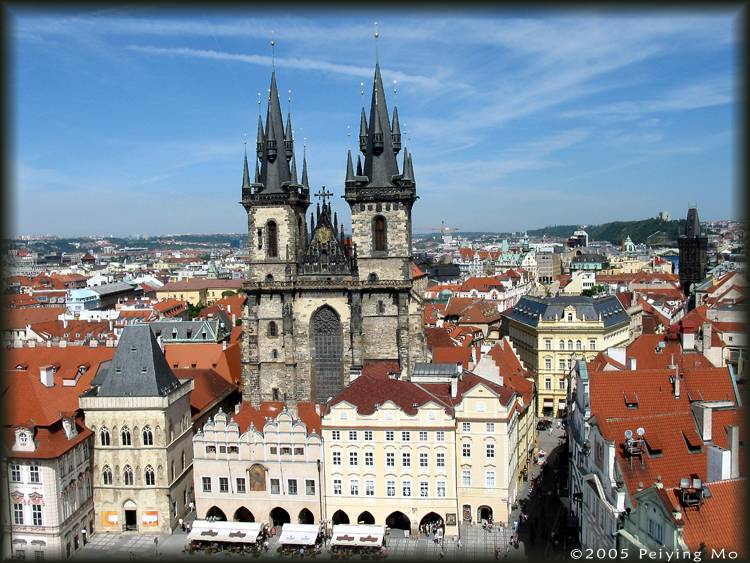Stas and I met in Riga with the Baltic and Polish l10n communities to do a hackathon. We gathered Latvian, Lithuanian, and Polish. Sadly, nobody from the Estonian community could attend due to conflicting schedules, but Merike Sell joined us on Saturday morning via Skype. We also had Dainis Šantars and Rūdolfs Mazurs join for a few hours each to work on Latgalian.
On Friday evening, we kicked things off warm and dry. That’s worth noting, as there wasn’t any weather like that for the rest of the weekend. Anyway, we grabbed some dinner, and ventured a few places to get a first feeling for Riga.
Saturday morning we met at the University of Latvia, and started the actual hackathon with the obligational introductions, and some “spectrograms”. We got some insights on testing, and which versions of Firefox our community uses. Reminder, Developer Edition or Nightly are the right versions. Use the version you work on. We also talked about the web and software in local languages. Seems that using localized versions becomes normal. We also got more insights into contribution patters that people like.
I really like the conversations about contribution patterns. We start the discussion with the question on how often people would like to localize. The answers quickly lead into discussions about localization quality, and which context localizers prefer to get that. But also to the role that Mozilla plays in people’s lives. Getting a better understanding of both are critical as we’re trying to make localization at Mozilla better.
Afterwards, stas and I gave some general project updates. The Mozilla firehose is overwhelming, so it’s good to give an update on the things that matter to the people in the room. In particular, stas covered L20n, which was well received. I talked about how we want to do Firefox l10n less bound to aurora and beta release channels, which people also liked.
We also talked about MQM, a standard of classifying issues found around localization. Once again we learned that it’s hard to explain them.
As usual, we let people work within their teams for half the time. We did help out with accounts, and persuaded folks to do reviews of suggestions. We heard they also used the time to strategically set up their team, and to learn from each other.
Last but not least, huge thanks to Raivis Dejus for organizing this event. He made us all feel welcome, and as warm as it gets, and always had an anecdote about Riga to share. He turned out to be my inspiration for the Berlin hackathon.










No comments yet
Post a comment